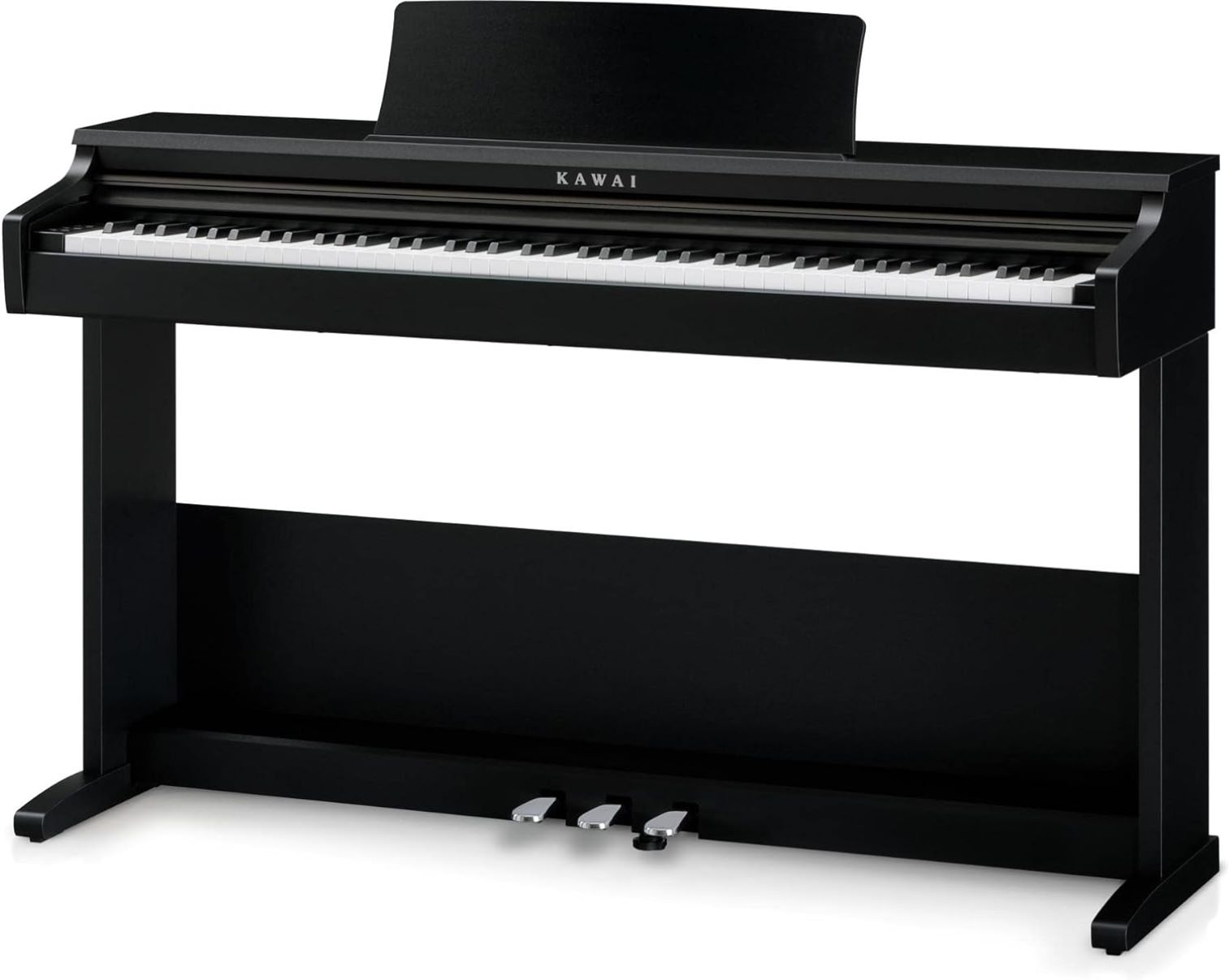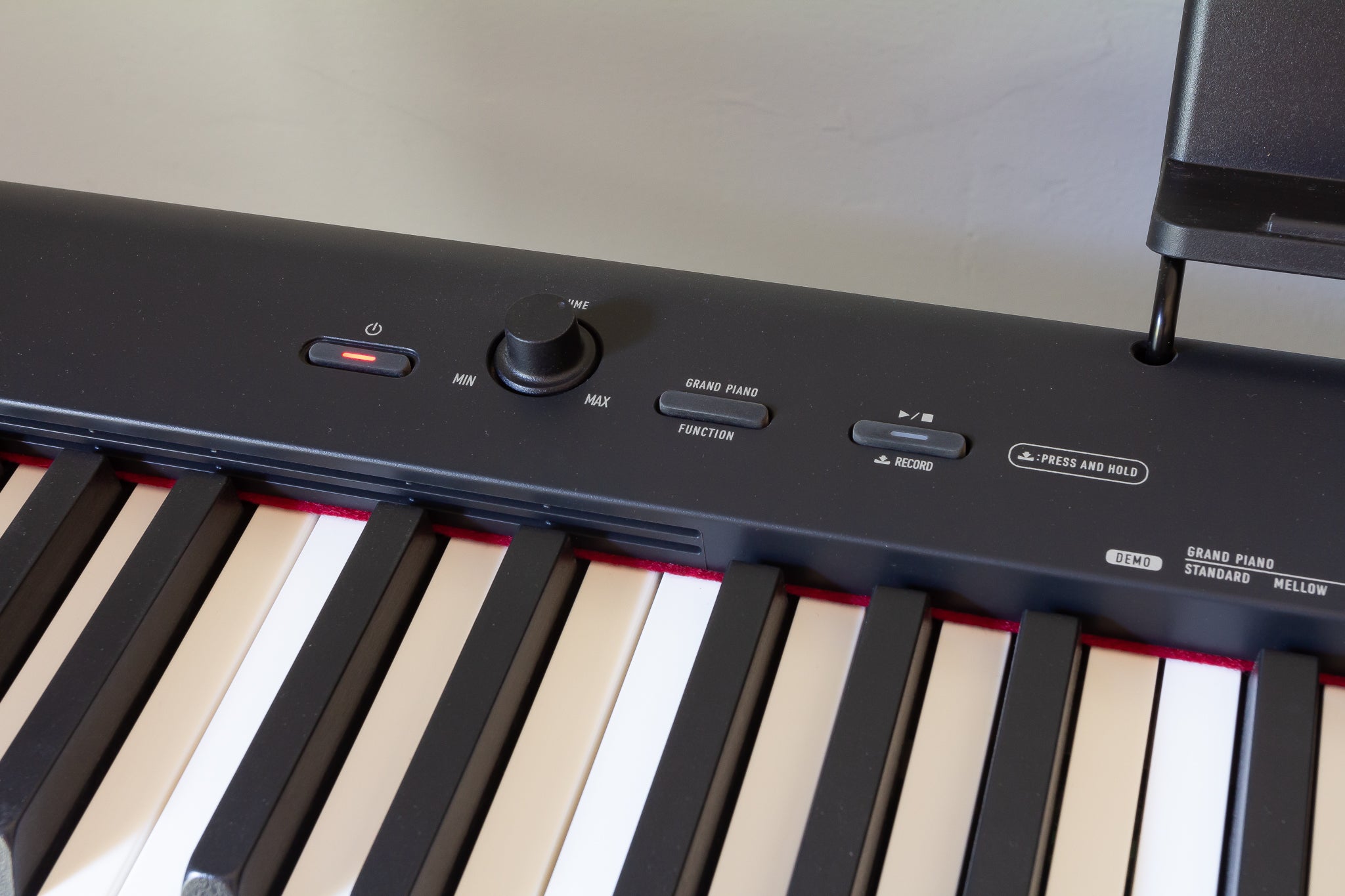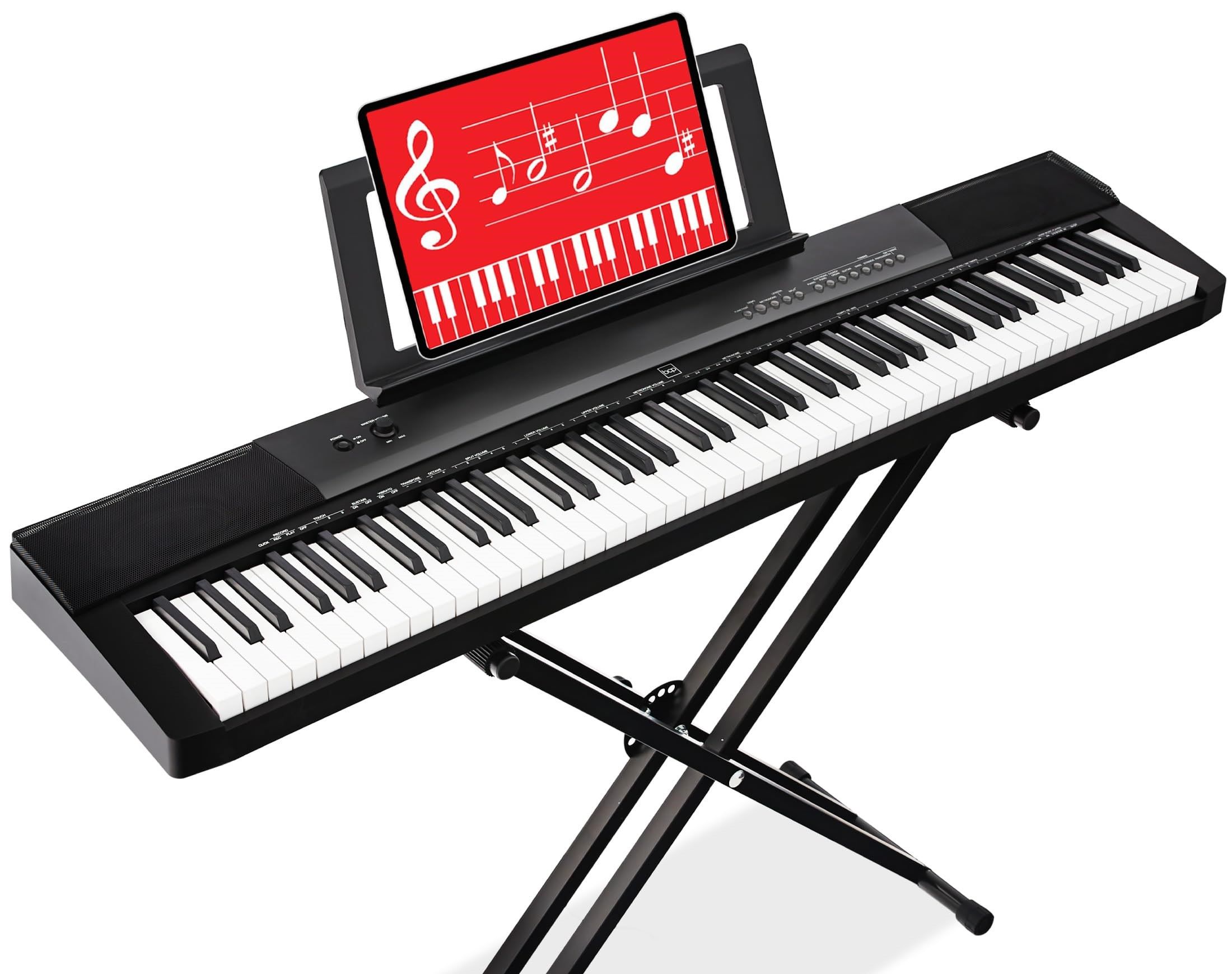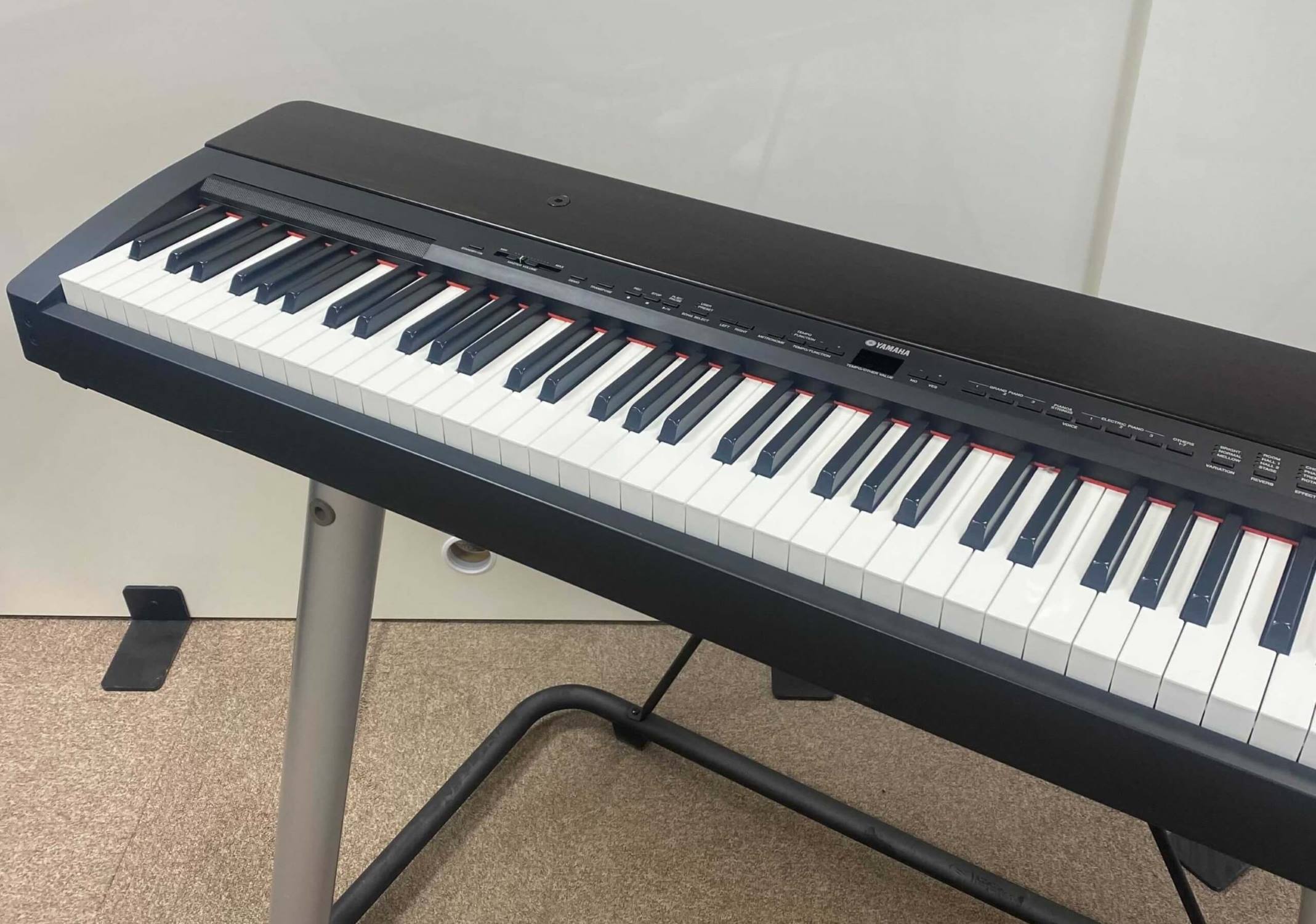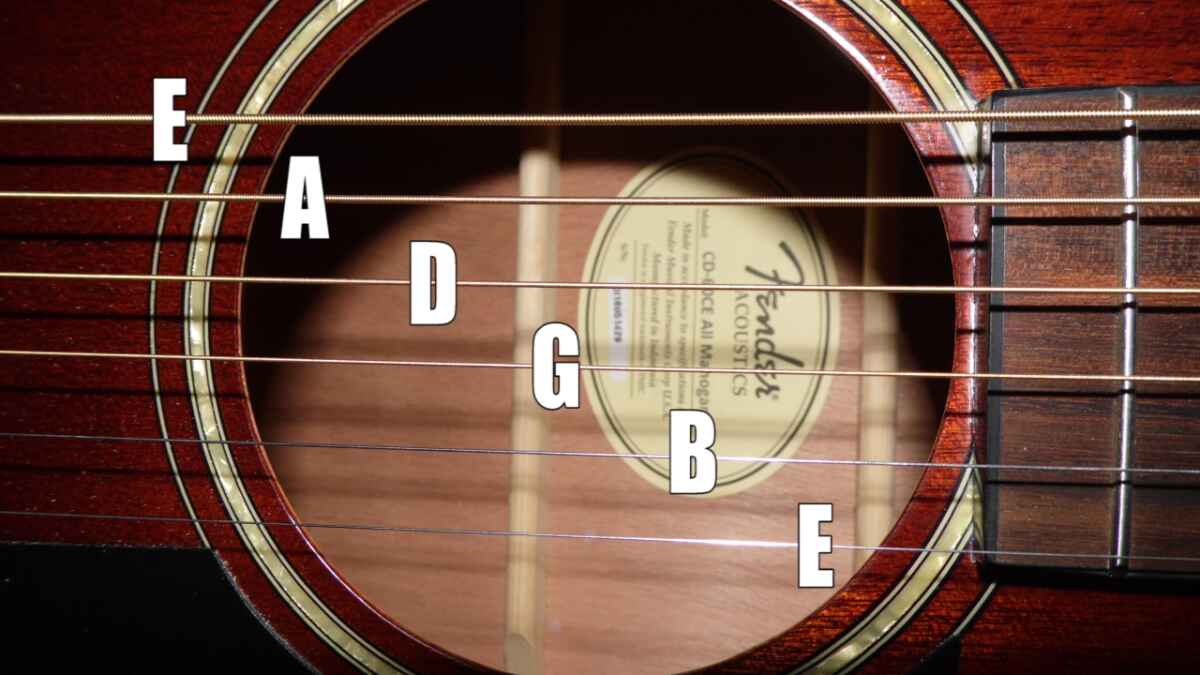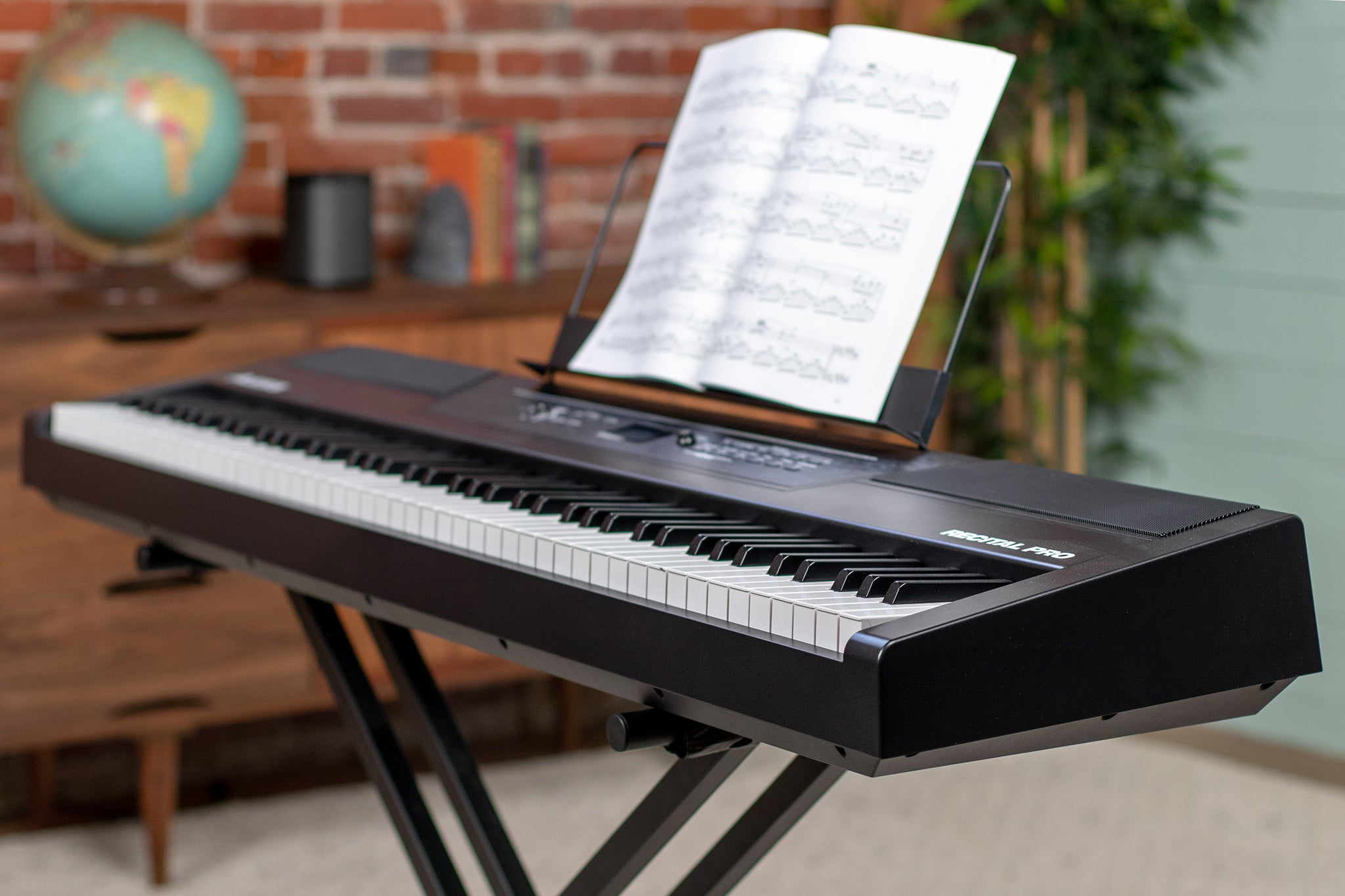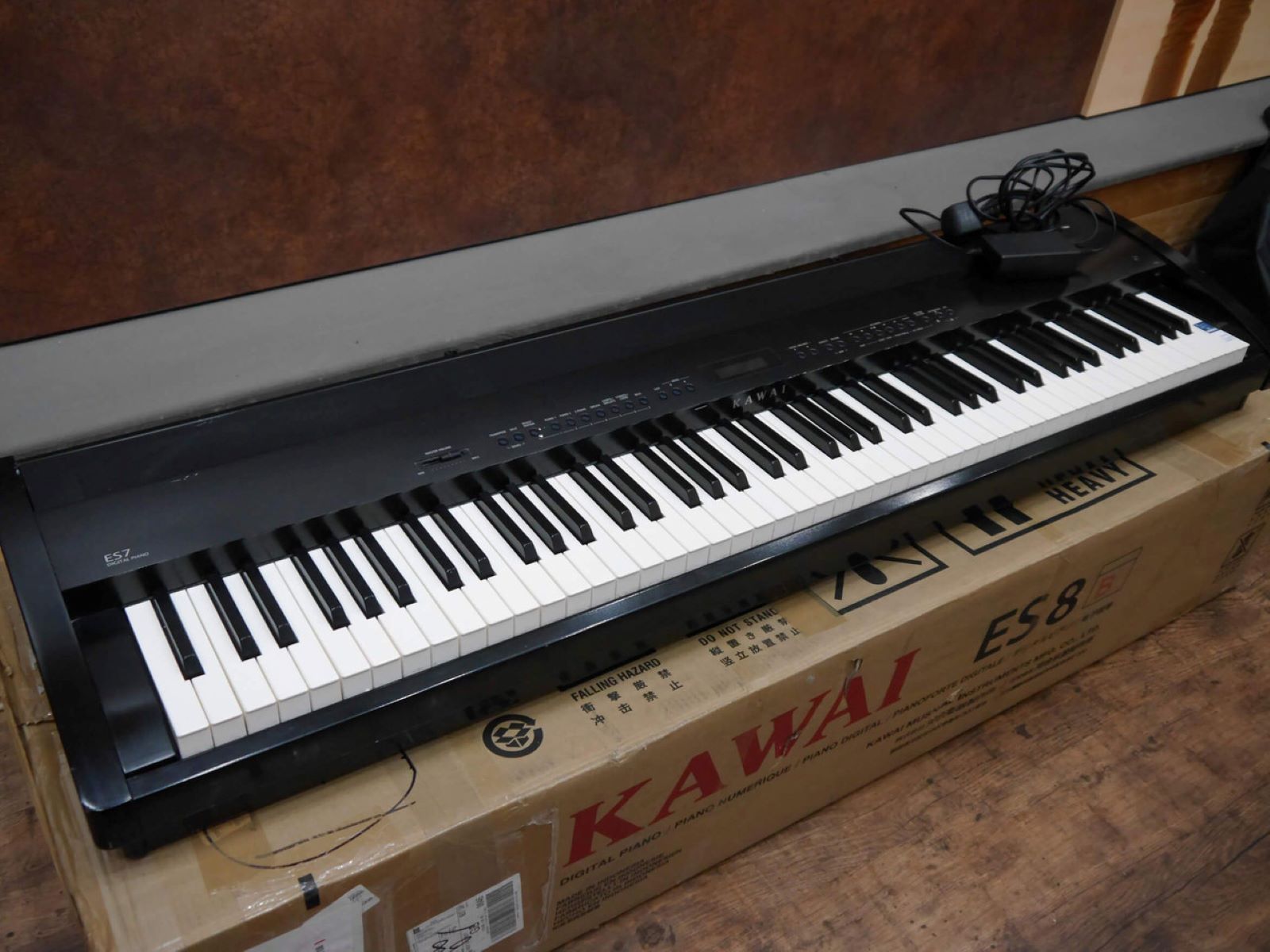Introduction
Guitar Center, a popular destination for musicians and music enthusiasts, is renowned for its wide selection of musical instruments and equipment. However, customers often wonder why Guitar Center does not have Kawai digital pianos in its stores. This absence is particularly puzzling given Kawai's stellar reputation in the world of digital pianos. In this article, we will delve into the factors contributing to this absence and explore the dynamics between Kawai, Guitar Center, and their respective distribution strategies.
The absence of Kawai digital pianos in Guitar Center stores has sparked curiosity among musicians and customers. Kawai, a revered name in the realm of digital pianos, has garnered a loyal following due to its exceptional craftsmanship, innovative technology, and superior sound quality. With a rich heritage spanning nearly a century, Kawai has consistently delivered instruments that resonate with musicians of all levels, from aspiring beginners to seasoned professionals. Despite Kawai's widespread acclaim and the growing demand for digital pianos, their absence at Guitar Center is a notable point of interest for music enthusiasts.
This absence prompts a closer examination of Guitar Center's selection process. As a leading retailer of musical instruments, equipment, and accessories, Guitar Center meticulously curates its inventory to cater to the diverse needs and preferences of its customer base. However, the factors influencing the inclusion or exclusion of specific brands and products in its stores remain a subject of intrigue. Understanding the intricacies of Guitar Center's selection process can provide valuable insights into the dynamics shaping the availability of Kawai digital pianos at its retail locations.
Moreover, exploring Kawai's distribution strategy sheds light on the company's approach to reaching its target audience. Kawai's commitment to delivering exceptional digital pianos is evident in its distribution channels and partnerships. By examining Kawai's distribution strategy, we can gain a deeper understanding of how the company navigates the complex landscape of musical instrument retail and distribution, offering valuable context to the absence of its digital pianos at Guitar Center.
In the following sections, we will delve into the intricacies of these factors, unraveling the mystery behind the absence of Kawai digital pianos at Guitar Center and providing valuable insights into the dynamics of the musical instrument industry. Let's embark on this exploration to uncover the underlying reasons for this intriguing phenomenon.
The Popularity of Kawai Digital Pianos
Kawai digital pianos have earned widespread acclaim and a devoted following within the music community, establishing themselves as a benchmark of excellence in the realm of digital musical instruments. Renowned for their exceptional craftsmanship, cutting-edge technology, and unparalleled sound quality, Kawai digital pianos have become a top choice for musicians seeking an authentic and immersive playing experience.
With a legacy spanning nearly a century, Kawai has consistently demonstrated a commitment to innovation and precision, setting the standard for digital piano manufacturing. The company’s dedication to crafting instruments that resonate with musicians of all levels, from students to professionals, has solidified its position as a leading authority in the world of digital pianos.
Kawai’s digital pianos are celebrated for their remarkable sound authenticity, responsive key actions, and advanced features designed to emulate the rich tonal characteristics of acoustic pianos. Whether it’s the natural touch of the keys, the nuanced resonance of the soundboard, or the dynamic range of expression, Kawai digital pianos excel in delivering an immersive and expressive playing experience.
Furthermore, Kawai’s innovative technologies, such as the Harmonic Imaging sound engine and the Responsive Hammer Action keyboard, have set new benchmarks for realism and responsiveness in digital pianos. These advancements have garnered praise from musicians and critics alike, further cementing Kawai’s reputation for pushing the boundaries of digital piano performance.
As a result of these exceptional qualities, Kawai digital pianos have become a preferred choice for musicians, educators, and recording artists seeking a versatile and high-fidelity instrument. The popularity of Kawai digital pianos extends across a diverse spectrum of musical genres and applications, from classical and jazz performances to contemporary compositions and studio recordings.
Given the widespread acclaim and demand for Kawai digital pianos, their absence at Guitar Center prompts an exploration of the factors influencing the selection and availability of musical instruments at the retailer’s stores. Understanding the allure and appeal of Kawai digital pianos provides valuable context for evaluating their absence within the retail landscape, setting the stage for a comprehensive examination of the dynamics at play.
Guitar Center’s Selection Process
Guitar Center, as a prominent retailer of musical instruments and equipment, employs a meticulous selection process to curate its extensive inventory. The company’s approach to choosing which products to feature in its stores is influenced by a myriad of factors, including market demand, customer preferences, brand partnerships, and industry trends.
At the core of Guitar Center’s selection process is a commitment to catering to the diverse needs and musical aspirations of its customer base. The retailer endeavors to offer a comprehensive range of instruments and equipment, encompassing various styles, genres, and skill levels. This customer-centric approach drives Guitar Center’s decision-making, shaping the composition of its product offerings to align with the evolving demands of musicians and enthusiasts.
Market demand plays a pivotal role in shaping Guitar Center’s inventory, influencing the inclusion of popular and sought-after brands and products. The retailer closely monitors consumer preferences, sales trends, and industry insights to identify instruments and equipment that resonate with its customer base. This data-driven approach enables Guitar Center to align its selection with the prevailing interests and purchasing behaviors of musicians and music enthusiasts.
Additionally, Guitar Center’s selection process is influenced by strategic brand partnerships and collaborations. The retailer fosters relationships with a diverse array of musical instrument manufacturers and distributors, leveraging these partnerships to introduce new products and exclusive offerings to its customers. These collaborations contribute to the dynamic and varied assortment of instruments available at Guitar Center, reflecting the company’s commitment to showcasing a wide spectrum of musical innovations and technologies.
Furthermore, Guitar Center remains attuned to industry trends and advancements in musical instrument technology, incorporating the latest innovations into its product lineup. The retailer’s dedication to staying abreast of emerging technologies and musical developments ensures that its stores feature instruments and equipment that embody the cutting edge of musical expression and creativity.
As such, the intricacies of Guitar Center’s selection process underscore the multifaceted considerations that shape the availability of specific brands and products in its stores. Understanding the retailer’s approach to curating its inventory provides valuable insights into the dynamics influencing the presence or absence of Kawai digital pianos at Guitar Center, shedding light on the complex interplay of market dynamics, customer preferences, and industry relationships.
Kawai’s Distribution Strategy
Kawai, as a distinguished manufacturer of digital pianos, employs a strategic distribution approach to ensure the widespread availability and accessibility of its instruments. The company’s distribution strategy encompasses a diverse array of channels and partnerships, reflecting its commitment to reaching musicians, educators, and enthusiasts across various geographical locations and market segments.
Central to Kawai’s distribution strategy is its network of authorized dealers and retailers, which serve as vital conduits for making its digital pianos accessible to customers. By establishing partnerships with reputable music stores and dealerships, Kawai expands its reach and provides customers with the opportunity to experience and acquire its instruments in physical retail environments. This approach not only facilitates hands-on interaction with Kawai digital pianos but also enables customers to receive personalized guidance and support from knowledgeable staff.
Moreover, Kawai’s distribution strategy encompasses an online presence, leveraging e-commerce platforms and the company’s official website to extend its reach to a broader audience. By offering direct sales and online purchasing options, Kawai caters to customers who prefer the convenience of browsing and acquiring digital pianos through digital channels. The company’s online distribution channels complement its physical retail partnerships, providing customers with flexibility and accessibility in their purchasing journey.
Furthermore, Kawai engages in strategic alliances with educational institutions, music academies, and performance venues to integrate its digital pianos into educational curricula and musical programs. By collaborating with schools and organizations within the music education and performance spheres, Kawai ensures that its instruments are integrated into learning environments and performance spaces, nurturing the next generation of musicians and fostering a deep appreciation for music.
Additionally, Kawai’s distribution strategy extends to international markets, encompassing a global network of distributors and authorized representatives. By establishing a robust international presence, Kawai endeavors to make its digital pianos available to musicians and enthusiasts worldwide, catering to diverse cultural and musical landscapes while upholding the company’s commitment to excellence and innovation on a global scale.
As such, Kawai’s comprehensive distribution strategy reflects its dedication to making its digital pianos accessible through a multifaceted approach that encompasses physical retail partnerships, online platforms, educational collaborations, and global outreach. Understanding the intricacies of Kawai’s distribution strategy provides valuable context for evaluating the availability of its digital pianos at specific retailers, offering insights into the dynamics that shape the company’s market presence and accessibility.
Conclusion
The absence of Kawai digital pianos at Guitar Center’s stores is a multifaceted phenomenon shaped by the interplay of various factors, including Kawai’s distribution strategy, Guitar Center’s selection process, and the popularity of Kawai digital pianos among musicians and enthusiasts. By examining these dynamics, we gain valuable insights into the complexities that influence the availability of musical instruments in retail environments.
Kawai’s esteemed reputation in the realm of digital pianos, characterized by its commitment to innovation, craftsmanship, and sonic excellence, underscores the widespread appeal and demand for its instruments. The popularity of Kawai digital pianos among musicians, educators, and recording artists positions them as sought-after instruments within the musical community, prompting curiosity regarding their absence at Guitar Center.
Furthermore, Guitar Center’s meticulous selection process, driven by market demand, customer preferences, brand partnerships, and industry trends, shapes the composition of its inventory. This process influences the availability of specific brands and products in its stores, offering valuable context for evaluating the absence of Kawai digital pianos within its retail landscape.
Additionally, Kawai’s strategic distribution approach, encompassing physical retail partnerships, online platforms, educational collaborations, and global outreach, underscores the company’s commitment to making its digital pianos accessible through diverse channels. This comprehensive distribution strategy provides insights into the avenues through which Kawai reaches its target audience, shedding light on the dynamics that influence the presence of its instruments in retail environments.
The convergence of these factors illuminates the intricate landscape of musical instrument retail and distribution, underscoring the nuanced considerations that shape the availability of Kawai digital pianos at Guitar Center. By delving into these dynamics, we gain a deeper understanding of the strategic, market-driven, and customer-centric forces that influence the presence of musical instruments within retail settings, offering valuable perspectives for musicians, enthusiasts, and industry stakeholders alike.
As musicians and customers continue to seek exceptional instruments that resonate with their artistic vision and musical aspirations, the interplay between manufacturers, retailers, and distribution channels will continue to shape the accessibility and availability of instruments, reflecting the evolving dynamics of the musical instrument industry.







